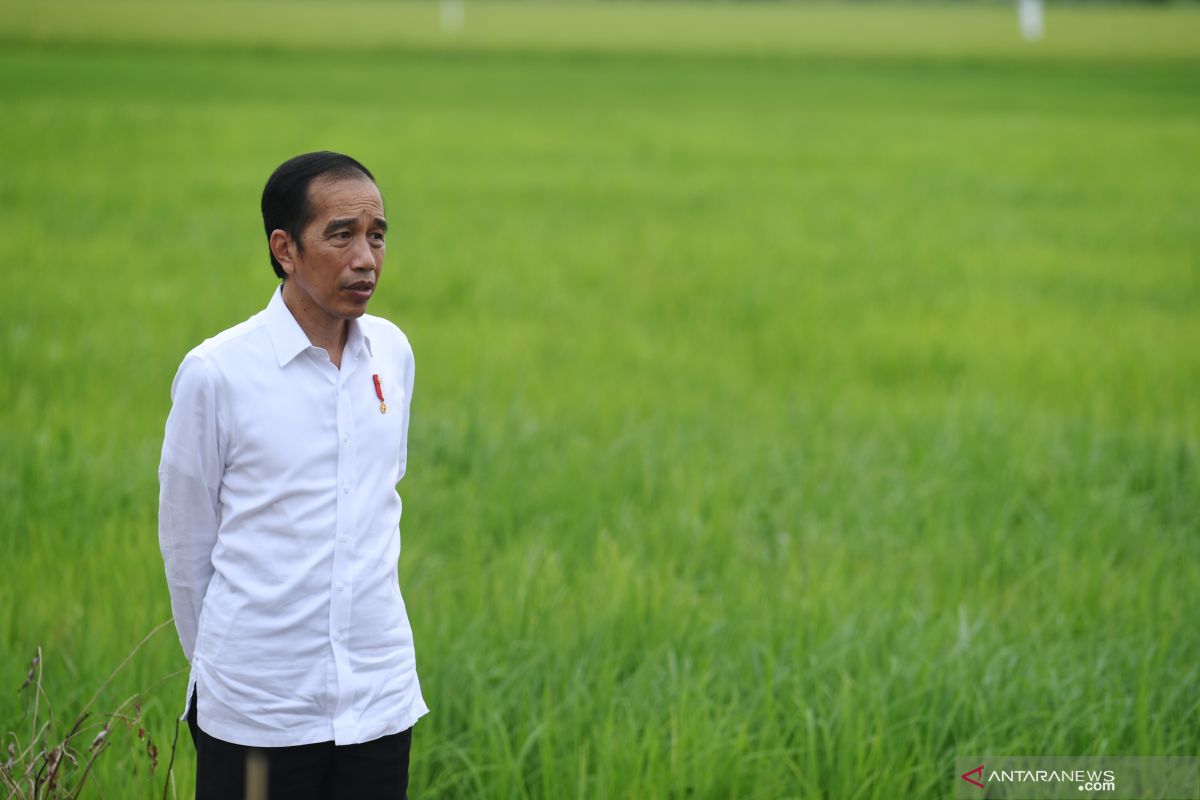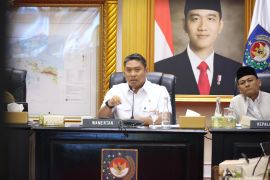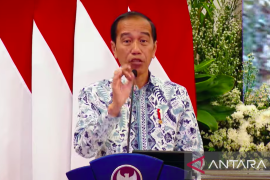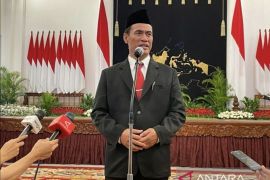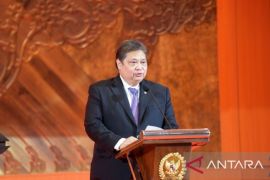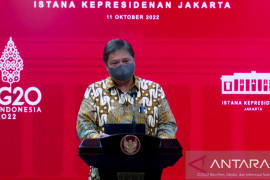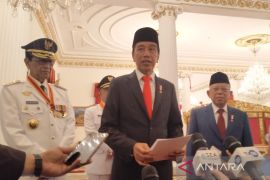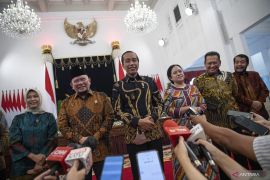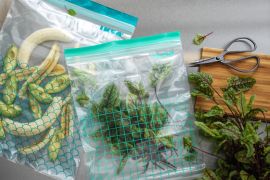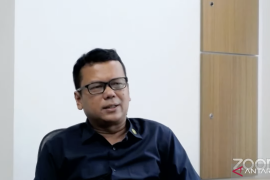Food security is on the agenda of the G7 Summit for Partner Countries at Schloss Elmau in the Bavarian Alps, Germany, which President Joko Widodo attended on June 26–27, 2022.
Germany has invited Indonesia, Argentina, India, Senegal, and South Africa to the summit as partner countries.
The G7 is an informal forum of leading industrialized nations, comprising Canada, France, Germany, Italy, Japan, the United Kingdom, and the United States.
The grouping was previously called G8 after Russia was accepted as its member in 1998, but it was kicked out in 2014 following a conflict with Ukraine.
Having taken over the G7 presidency from the UK in January 2022, Germany has set “progress towards an equitable world” as its goal and is focusing discussions on a sustainable planet, economic stability and transformation, healthy lives, and sustainable investments.
Germany wants to use its presidency to foster a sustainable planet, healthy living, investment in a better future, and building a world that is stronger together.
However, Europe is currently witnessing a war in Ukraine following the Russian invasion of February 24, 2022, and has been affected by the impacts of the war, which have included food chain disruption.
The sanctions imposed by the West on Russia have also triggered an energy crisis, with oil and gas supply dwindling in several European countries.
The G7 leaders, during the three-day summit ending June 28, are expected to make new commitments on food security and tackling rising energy prices as the UN has repeatedly warned of an unprecedented global hunger crisis due to the war.
The reports by the United Nations Secretary-General’s Global Crisis Response Group on Food, Energy, and Finance have painted a dramatic picture: of the 1.7 billion people in 107 states impacted by the crisis, 1.2 billion people will be exposed to a perfect storm of constrained finances, sharply increasing food prices, and rising energy prices.
Other problems that could plague the world include intense droughts in places like the Horn of Africa, and hunger being used as a weapon of war in conflict areas.
Prior to the summit, Germany had hosted the G7 Ministerial Conference on “Uniting for Global Food Security” on June 24, 2022.
Speaking at the meeting, Foreign Affairs Minister Retno Marsudi said that war will always be a humanitarian tragedy whose impact is not limited to one region. She invited countries across the world to unite to restore the global food chain.
The ongoing war has harmed the global food chain that has already been weakened by the pandemic and climate change, she noted.
"In this difficult time, the world has no other choice but to unite to restore global food resilience," she remarked.
She called for an immediate end to the war and a peaceful solution to the Russia-Ukraine conflict.
Meanwhile, the presence of President Widodo at the G7 Summit reflects his concern over food security issues and intention to contribute to handling the food crisis as Indonesia has a lot of experience in strengthening food resilience and food security issues.
The President recently reminded his cabinet ministers to remain prudent in facing the looming food crisis and turn the crisis into an opportunity to benefit the nation.
As Indonesia has sufficient land for farming and plantations and adequate human resources to work the land, he asked people to plant and produce more food, including rice, corn, and soybean.
"Imagine if we can produce foods in a short period and we implement all of it, we will not only achieve self-sufficiency in the food aspect, but we will also have the potential to export commodities," he stated.
The Food and Agriculture Organization (FAO) recently lauded the performance of Indonesia's Agriculture Ministry for successfully maintaining productivity to allow the nation to feed its population of more than 270 million.
The FAO praised the Indonesian government for boosting food production and securing domestic rice stocks despite the difficult global situation, FAO’s head for Indonesia and Timor Leste, Rajendra Aryal, said in a recent statement.
Based on reports received by FAO, several countries in the world are reeling under the food and financial crises, he noted. However, Indonesia has been able to achieve national food security.
Coordinating Minister for Economic Affairs Airlangga Hartarto recently said that Indonesia will, in the near future, export around 200 thousand tons of rice to several countries.
Over the past three years, the country has not imported rice, in fact, it has managed to achieve a surplus in the production of rice, which is the main staple food of its people.
Earlier, Indonesia had received an FAO award for achieving rice sufficiency in 1984. The award was presented by then FAO director general, Dr. Edoard Souma, to then Indonesian President Soeharto on July 22, 1986.
On November 14, 1985, during the 23rd Conference of the FAO, Soeharto went to Rome, Italy, to symbolically present 100,150 tons of rice donated by Indonesian farmers for African countries facing famine at that time.
On June 16, 2013, Indonesia again won an FAO award for rice self-sufficiency, which was presented by then FAO director general Graziano da Silva to a minister in Susilo Bambang Yudhoyono’s cabinet, Hatta Rajasa, in Rome.
If the current government is able to maintain the rice production surplus amid the global food crisis, it would not be a surprise if the nation wins another FAO laurel this year or next year.
Related news: Jokowi to push G7 to find solution to food, energy crises
Related news: Paspampres to ensure Jokowi's security during Ukraine, Russia visit
Editor: Rahmad Nasution
Copyright © ANTARA 2022
